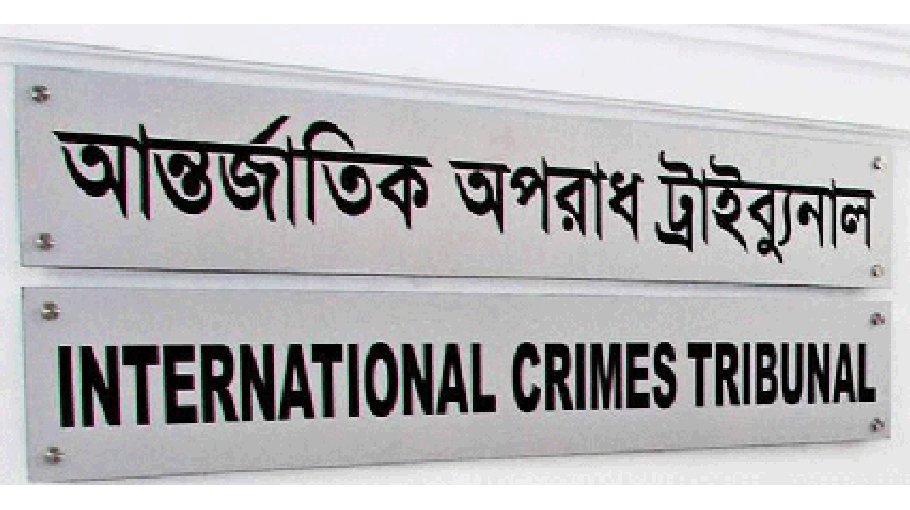Crimes against humanity in 1971
Six Mymensingh Razarkars to die

The International Crimes Tribunal (ICT) on Monday sentenced six fugitive criminals to death for their crimes against humanity in Trishal of Mymensingh during the Bangladesh War of Liberation in 1971.
The condemned convicts are- Mokhleshur Rahman Mukul, Saidur Rahman Ratan, Shamsul Haque Fakir, Nurul Haque Fakir, Sultan Mahmud Fakir and Naqib Hossain Adil Sarkar. All were tried in absentia.
The three-member tribunal, headed by Justice Md Shahinur Islam, handed down the punishment to the six after holding them guilty of murder, torture and kidnapping.
Public prosecutor barrister Tapas Kanti Ball represented the state in the court.
“There were total nine accused in this case. Two of them were behind the bars. Three people died, including two who were in prison and a fugitive accused,” said barrister Tapas Kanti.
According to the prosecution, the investigation of this case started on January 26 in 2017. On December 31 of that year, the investigation agency submitted its report after the investigation.
On July 12 in 2018, the chargesheet was submitted to the court against the convicts. Later, the trial started on December 5 of the same year through charge framing.
The testimonies of 19 people were taken in this case. At the end of arguments, the tribunal kept the case pending for judgment on December 5 last.
The convicts faced multiple charges of abduction, unlawful detention and torture, including three counts of murder.
The six of them received the death penalty for the murder of freedom fighter Abdul Hamid Heman, while only Mahmud Fakir avoided capital punishment for the killing of Yunus Ali, an ordinary citizen.
Additionally, Mokhlesur, Saidur and Nurul Haque were sentenced to death for abducting, detaining and killing another freedom fighter. They were also handed different jail terms on the other counts.
Security at the court premises was beefed up ahead of the verdict. The number of policemen deployed at the entrance to the High Court was also more than usual. Members of the Armed Police Battalion were also stationed across the premises.
No one was allowed entry to the International Crimes Tribunal. An archway was installed at the entrance and even those who had authorisation to enter the courtroom had undergo a search.



